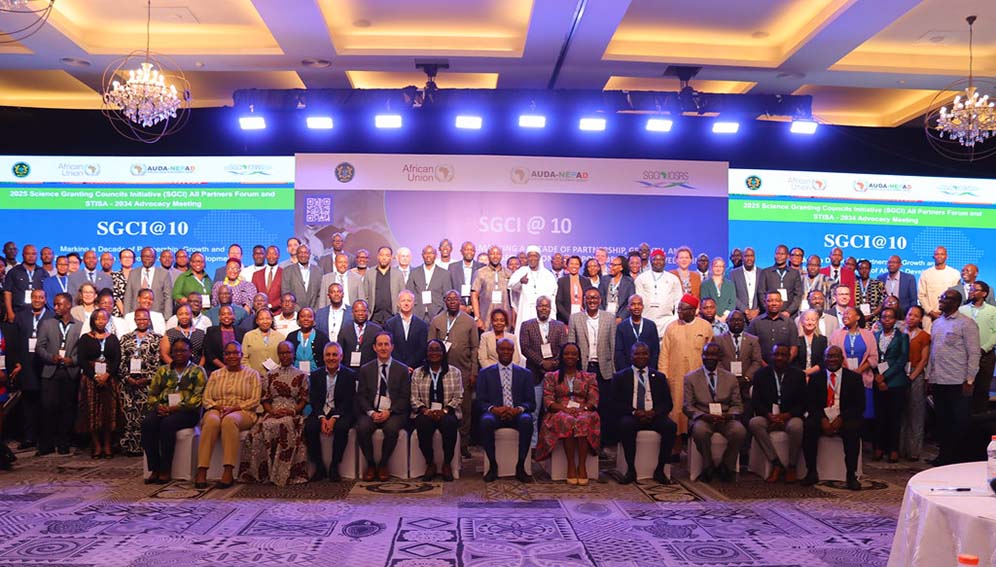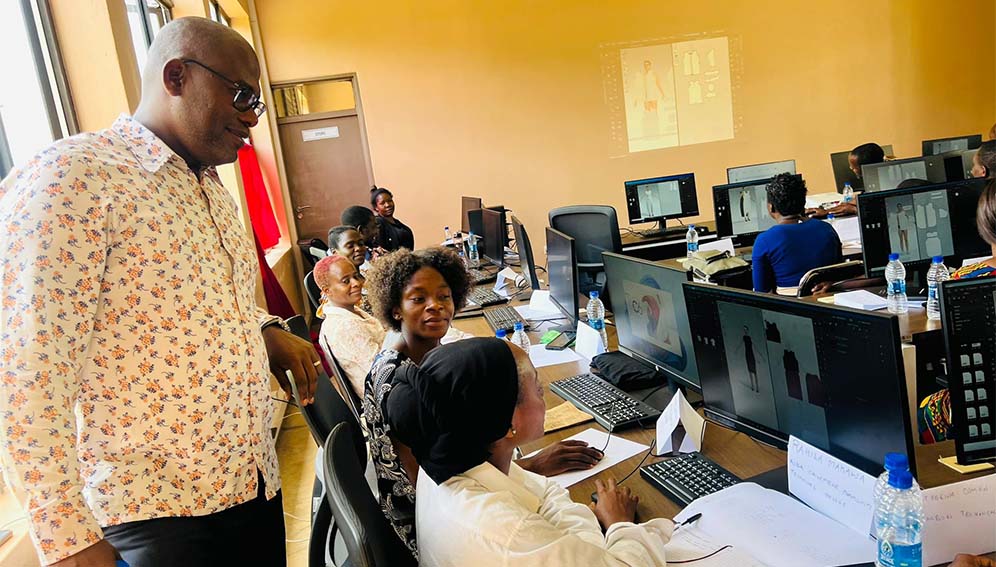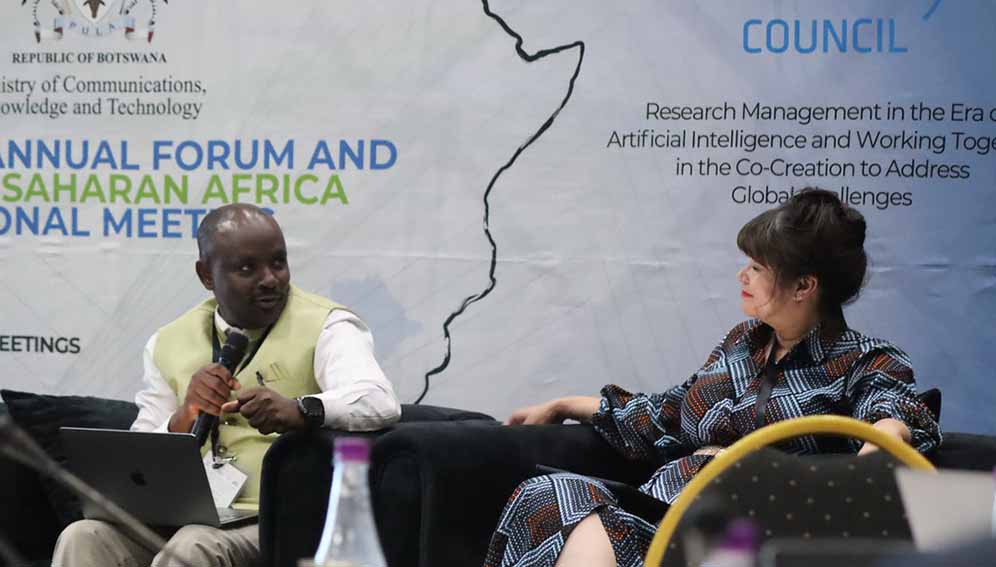SGCI News
Globally, the use of research in formulating policy, gained traction just after World War II and became a standard of best practice for governmental and non-governmental organisations towards the end…
Globally, the use of research in formulating policy, gained traction just after World War II and became a standard of best practice for governmental and non-governmental organisations towards the end of the 20th century. Consequently, nations of the Global North are striving to use evidence-based policies in advancing their development agenda. Examples of such countries include, the Netherlands, USA, and the United Kingdom.
However, this is not common practice in Africa and there is a great lacuna between research and policy. Existing literature reveals that there is limited work on the relationship between knowledge production and development in Africa. Not only does most research exist in seeming isolation, but there is also a lack of institutional support and enabling frameworks for knowledge to be transformed into policies and initiatives that contribute to societal advancement. To have a holistic appraisal of this phenomenon in Africa and to ascertain the current state, this study reviewed four (4) SGCI participating councils. The study examined the research activities of the SGCs in relation to their alignment to the national priorities/ plan and the usefulness or translation of research outcomes/ knowledge production into tangible products capable of improving the wellbeing of citizens in the individual states.
The report, titled Politics and policy in knowledge production for development, offers practical recommendations for strengthening R&D in Africa. This entails joint effort by various stakeholders involved in the process. The report summarises key findings generated qualitatively from existing literature and primary data gathered via the interviews conducted with key stakeholders in the four (4) SGCs studied under this project. The recommendations that this report offer advances practical steps needed to revamp and improve the research community and as well strengthen the strained relationship between the former and the policymakers. This is all in bid to generating research products and valorise them for the betterment of the entire populace.
The final report can be access here.
A research article publish in Academia Letters can be accessed here.
A policy brief geared towards policymakers can be accessed here.
Related News
The TWAS-DFG 2026 cooperation visits programme call is now open.
The call is now open for the TWAS-DFG Cooperation Visits Programme for Sub-Saharan Africa. The programme is a collaborative effort between The World Academy of Sciences (TWAS) and the Deutsche Forschungsgemeinschaft (DFG, German Research Foundation) to foster international scientific partnerships. The TWAS-DFG programme provides postdoctoral…
Uniting Malawi’s innovators: NCST’s push to bridge the coordination gap
How does Malawi move from pockets of innovation to a truly connected national ecosystem? In this interview with the Science Granting Councils Initiative, Isaac Chingwota, acting director for Technology Transfer, Innovation and Commercialisation at the National Commission for Science and Technology (NCST), explains why coordination…
Namibia launches BOOSTUP programme to bridge innovation gaps
Many promising technology-driven ideas struggle to progress beyond the concept stage due to limited access to early-stage support and mentorship. These challenges highlight the need for targeted interventions that could transform innovative ideas into viable and scalable solutions. It is against this backdrop that the…
SGCI funded projects
Rwanda’s integrated approach to sustainable agriculture and nutrition
Project Titles & Institution Areas of Research Number of Projects being funded Project Duration Grant Amount In-Kind Distribution Council Collaboration with other councils





